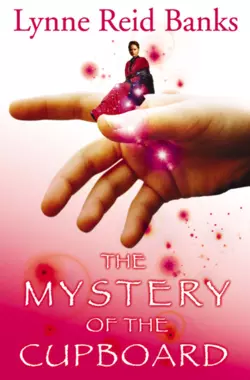The Mystery of the Cupboard

Lynne Banks
Тип: электронная книга
Жанр: Детская фантастика
Язык: на английском языке
Стоимость: 774.44 ₽
Статус: В продаже
Издательство: HarperCollins
Дата публикации: 16.04.2024
Отзывы: Пока нет Добавить отзыв
О книге: What will Omri find inside the eaves of his new home? Will there be more little figures that come to life?After Omri reads his great-great-great-aunt’s account, he longs to try the key. And when his friend Patrick comes to stay, nothing can stop him…